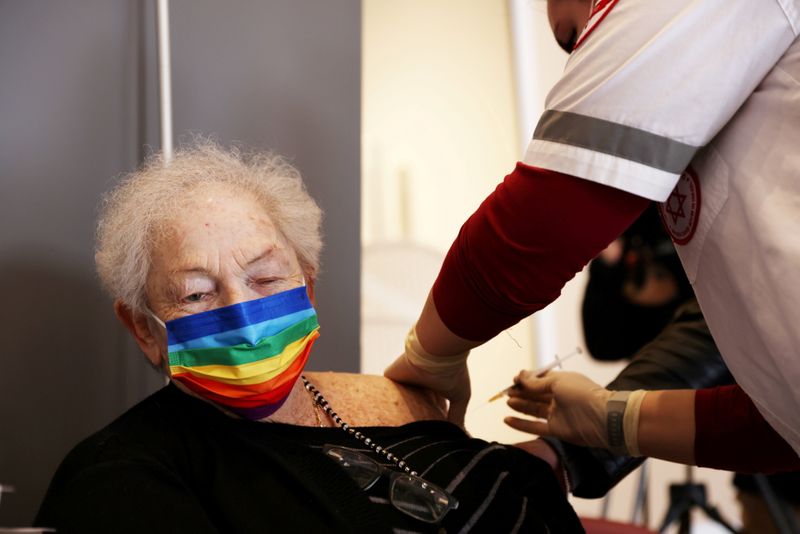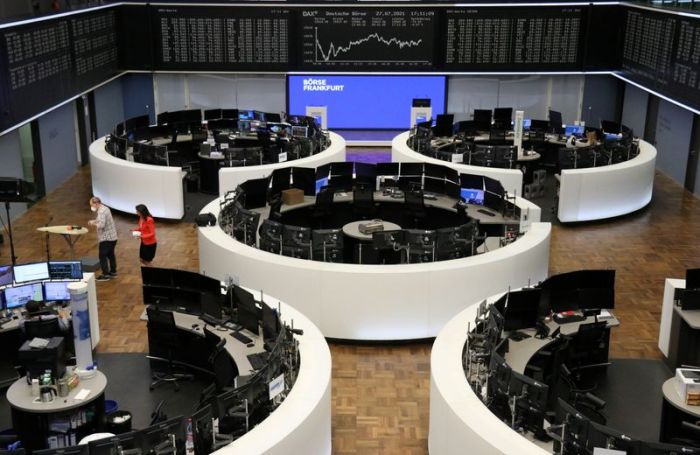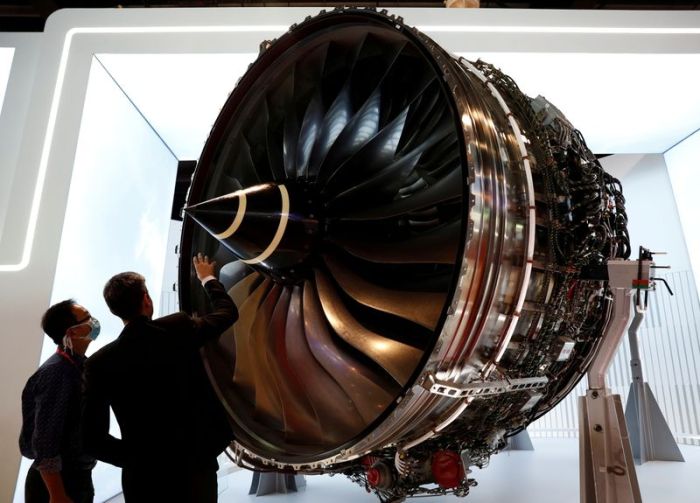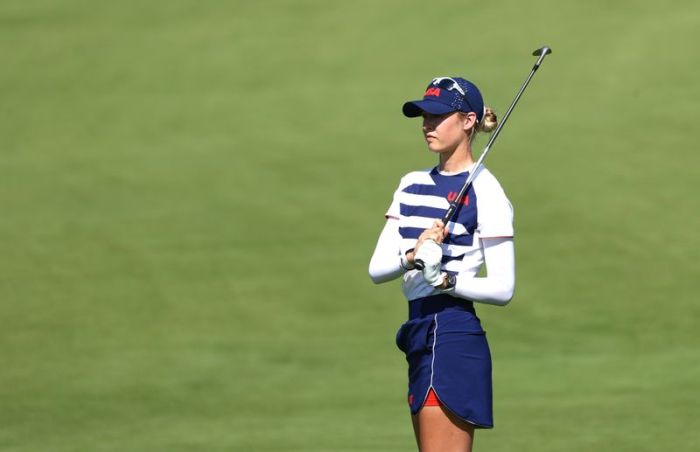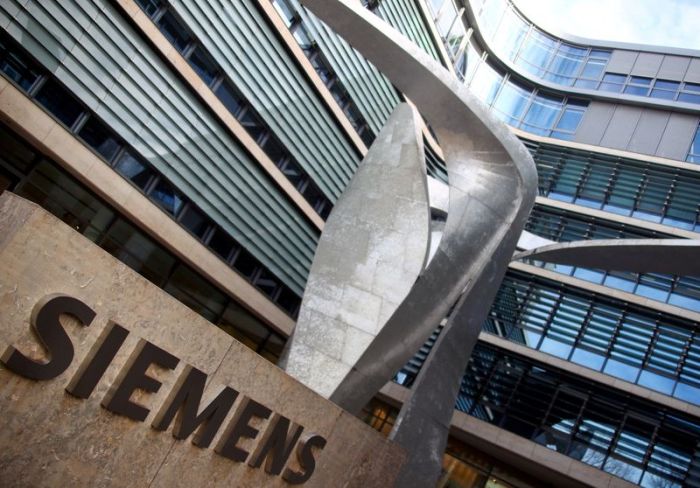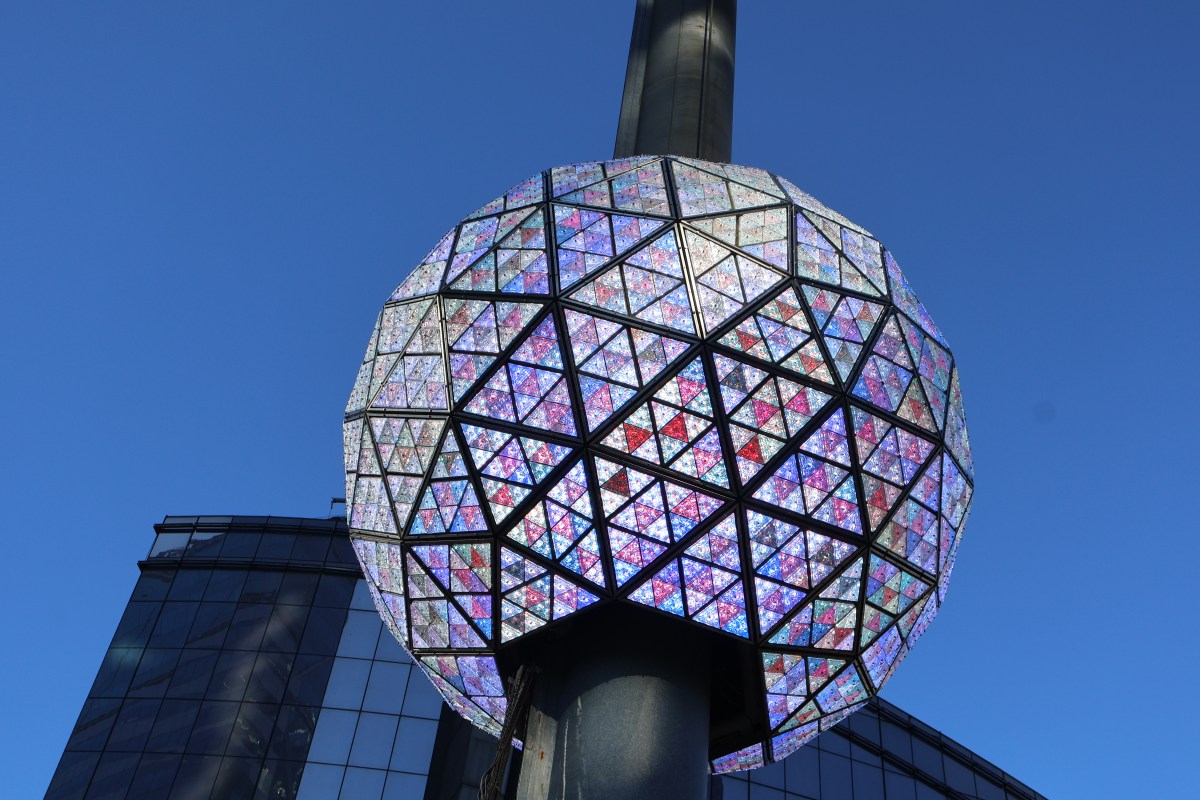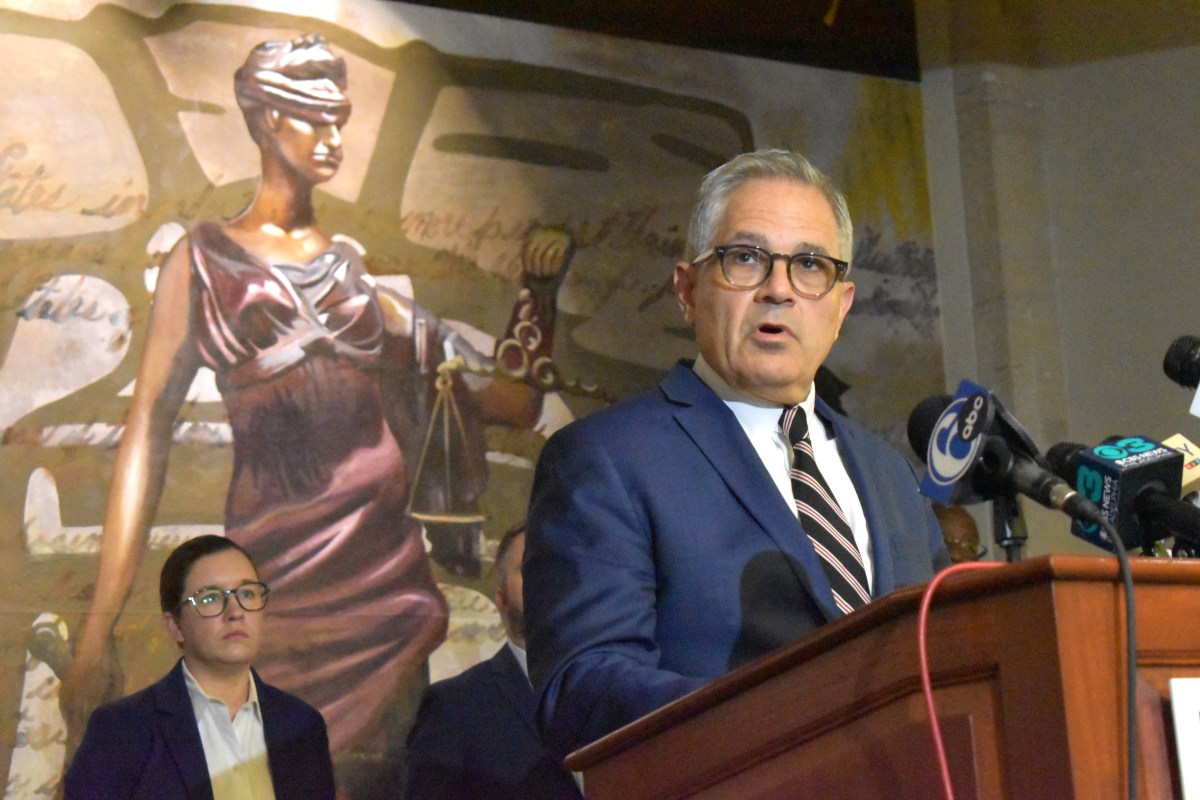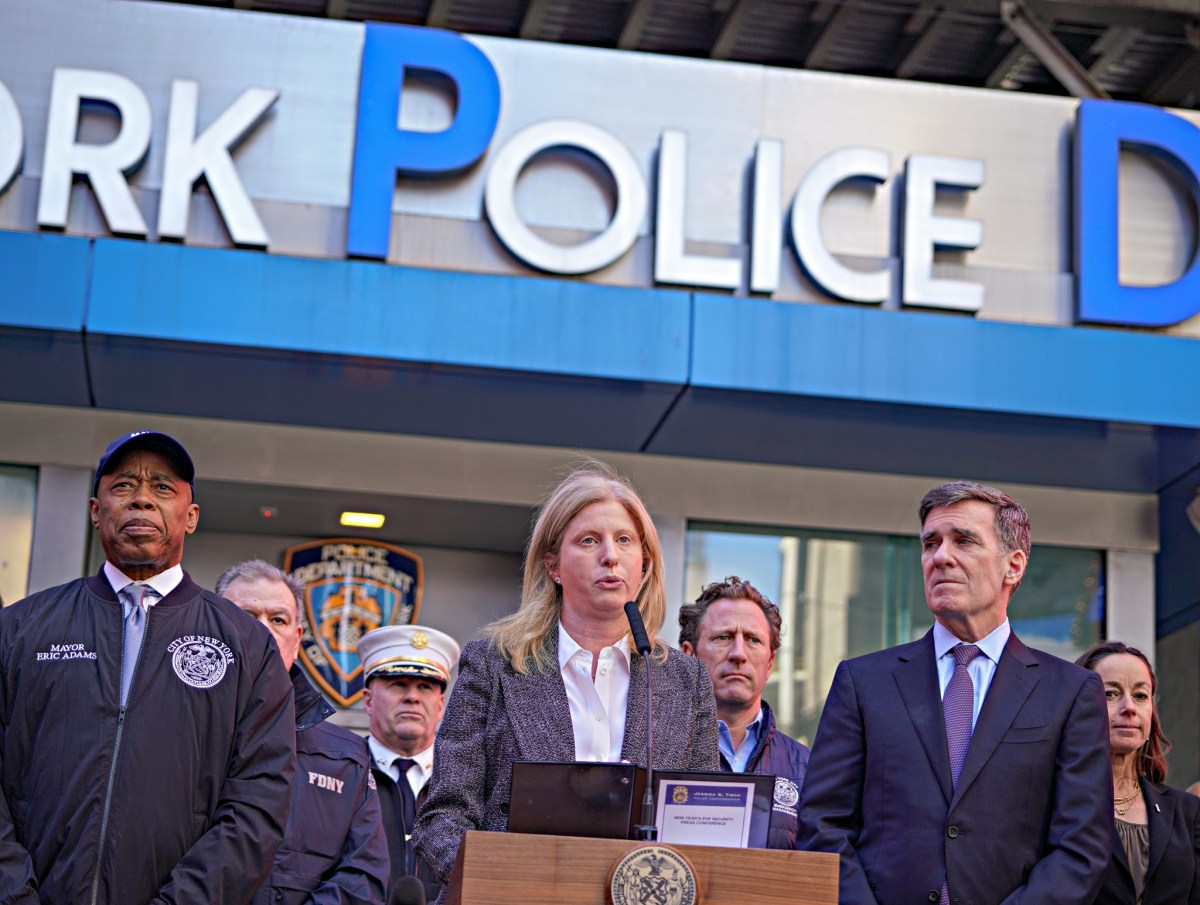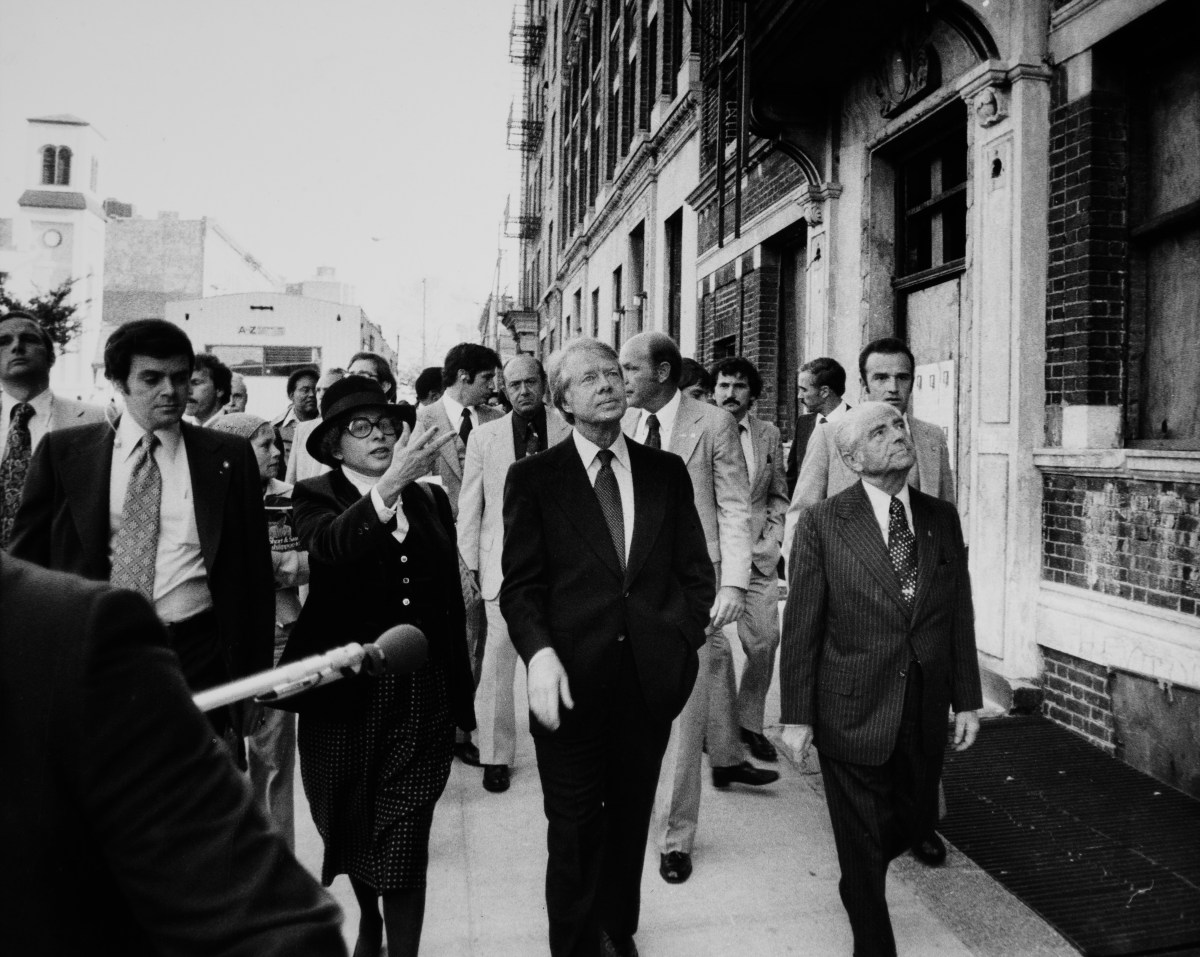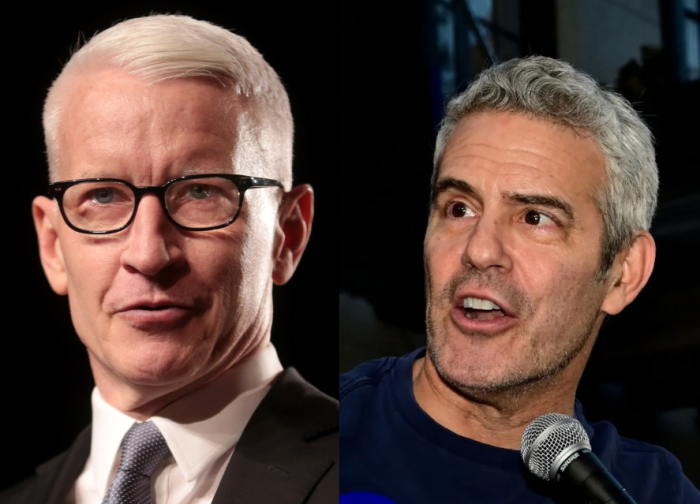(Reuters) – Pfizer and its partner BioNTech have asked U.S. and European regulators to approve a booster dose following a two-shot regimen of their COVID-19 vaccine, based on evidence of greater risk of infection six months after inoculation.
The U.S. Food and Drug Administration is aiming to give the green light for the Pfizer shots by early September, the New York Times reported.
The World Health Organization has, meanwhile, called for a halt to COVID-19 vaccine boosters until at least the end of September to allow for the inoculation of at least 10% of the population of every country.
As of yet, there is no consensus among scientists and agencies, including WHO, that a third dose is necessary.
The following outlines the options countries and regions are considering on the issue:
UNITED STATES
The U.S. Food and Drug Administration (FDA) and the Centers for Disease Control and Prevention (CDC) said on July 8 that Americans who have been fully vaccinated did not need a booster COVID-19 shot.
However, top infectious disease official Anthony Fauci said on July 24 that Americans who are immune compromised may need extra shots as the country faces the more infectious Delta variant.
EUROPEAN UNION
Europe’s drug regulator on July 14 refrained from making any recommendations on mixing schedules of COVID-19 vaccines with doses from different manufacturers, saying it was too early to confirm if and when a booster shot would be needed.
Recent supply contracts with Pfizer/BioNTech and Moderna have included the potential for the bloc to buy booster shots.
BRITAIN
Britain has begun planning for a booster campaign starting later this year after top vaccine advisers said it might be necessary to give third shots to the elderly and most vulnerable from September. It said it would buy 60 million more doses of Pfizer/BioNTech’s vaccine ahead of the possible booster programme, bringing its total order of the shot to 100 million doses.
According to the Telegraph newspaper, 32 million Britons will be offered extra shots in a campaign set to launch as early as Sept. 6.
BRAZIL
Brazilians should prepare for annual COVID-19 immunisations to reinforce vaccines, the head of public-sector laboratory Butantan said in May.
FINLAND
It has not made a decision on the recommendation of a third dose but is expected to do so in August.
FRANCE
President Emmanuel Macron said France was working on rolling out third COVID-19 vaccine doses to the elderly and vulnerable from September.
GERMANY
Germany will in September start to offer a booster shot to vulnerable people, such as the elderly and those with weak immune systems. The shots will be mRNA-vaccines from Pfizer/BioNTech and Moderna regardless of what was used previously.
SWEDEN
The majority of Swedes will be offered a booster shot against COVID in 2022, while high risk groups could get a third shot this autumn, the health authority said on Aug. 3.
INDONESIA
Indonesia started giving booster shots produced by Moderna to medical workers in July and is considering extra doses for wider use.
THAILAND
Thailand plans to give booster shots of imported mRNA vaccine to its front-line workers – who were given imported Sinovac before the locally manufactured AstraZeneca vaccine was available in June.
CAMBODIA
Cambodia will begin offering a booster shot, switching between the AstraZeneca and Chinese COVID-19 vaccines. The third dose will be offered to between 500,000 to one million front-line workers as a priority.
ISRAEL
Israel in July started offering a third shot of the Pfizer/BioNTech COVID-19 vaccine to people aged over 60.
RUSSIA
Health clinics in Moscow started offering booster shots in July to people vaccinated six months ago or more, making Russia one of the first countries to begin re-vaccination.
SINGAPORE
Singapore said in May it was making plans for booster shots later this year or early next year, if necessary.
SOUTH KOREA
South Korea said in June it plans to secure more mRNA vaccines to use as boosters next year for its entire population of 52 million.
SWITZERLAND
Switzerland has ordered 43 million doses of vaccines, including preparations for potential booster shots in 2022, should they be needed, the Health Ministry said.
GULF STATES
The United Arab Emirates will start providing a booster shot to all fully vaccinated people. The shot will be available to people considered at high risk three months after their second vaccine dose, and six months for others.
In June, the UAE and Bahrain made the Pfizer vaccine available as a booster shot to those initially immunised with a vaccine developed by China’s Sinopharm.
COMPANIES
Pfizer and Moderna have raised the prices of their COVID-19 vaccines in their latest European Union supply contracts, the Financial Times reported on Aug. 1.
Moderna had earlier struck deals with Spain’s Rovi and Switzerland’s Lonza at a Dutch plant that would boost 50-microgram dose production – half the level of its original shots – in Europe to up to 600 million doses annually, with the capacity due to come on line this year.
On Aug. 5, Moderna said that its COVID-19 shot was about 93% effective four to six months after the second dose, showing hardly any change from the 94% efficacy reported in its original clinical trial.
It expects, however, a COVID-19 booster to be necessary prior to the winter season.
AstraZeneca said it was looking into how long the vaccine’s protection lasts and if a booster dose would be needed.
“People received their second dose, at the earliest in March/April this year, so we need more time to know whether the protection is lasting or needs boosting,” Chief Executive Pascal Soriot said at a media briefing on July 29.
(Reporting by Matthias Blamont in Paris, Michael Erman in New York, Julie Steenhuysen in Chicago, John Miller in Zurich, Ludwig Burger in Frankfurt, Miyoung Kim in Singapore, Alistair Smout in London, Essi Lehto in Helsinki, Stephanie Nebehay in Geneva, Maayan Lubell in Jerusalem, Dagmarah Mackos, Pawel Goraj in Gdansk; Editing by Josephine Mason, William Maclean and Barbara Lewis; ((matthias.blamont@thomsonreuters.com; +33 1 4949 5054 ; @matthiasblamont)

